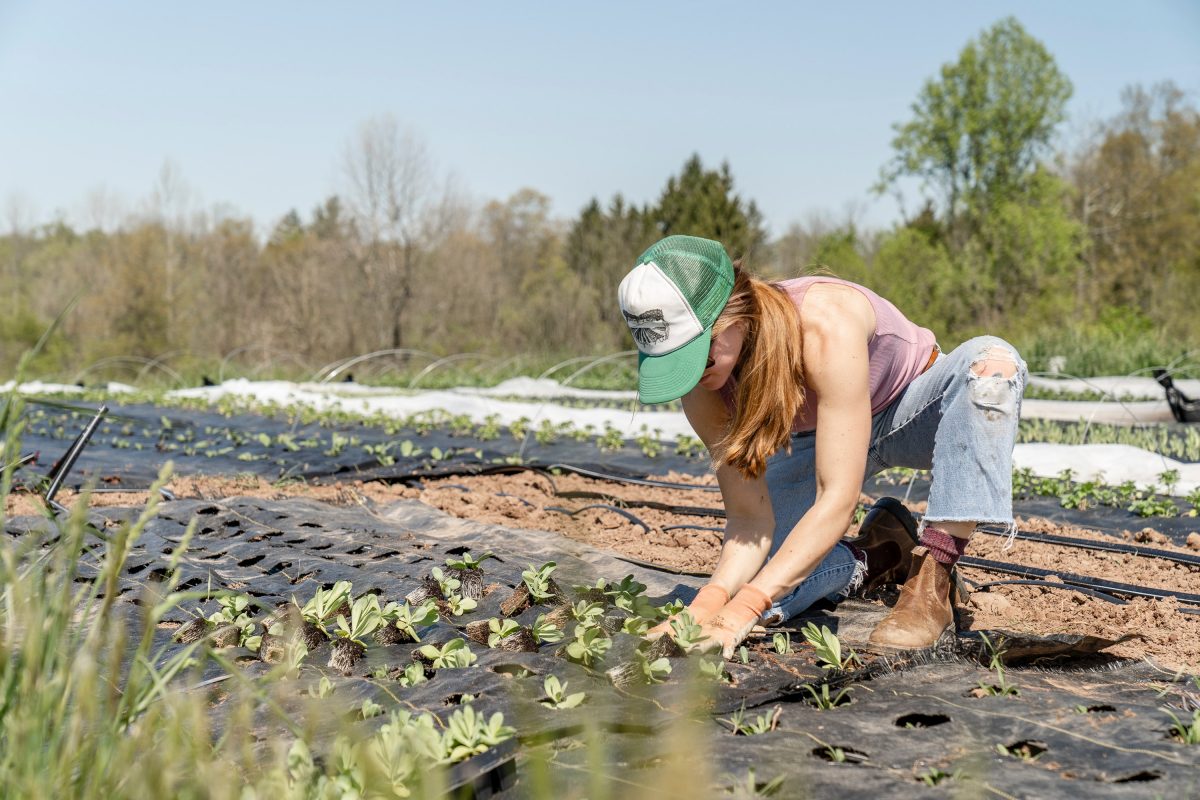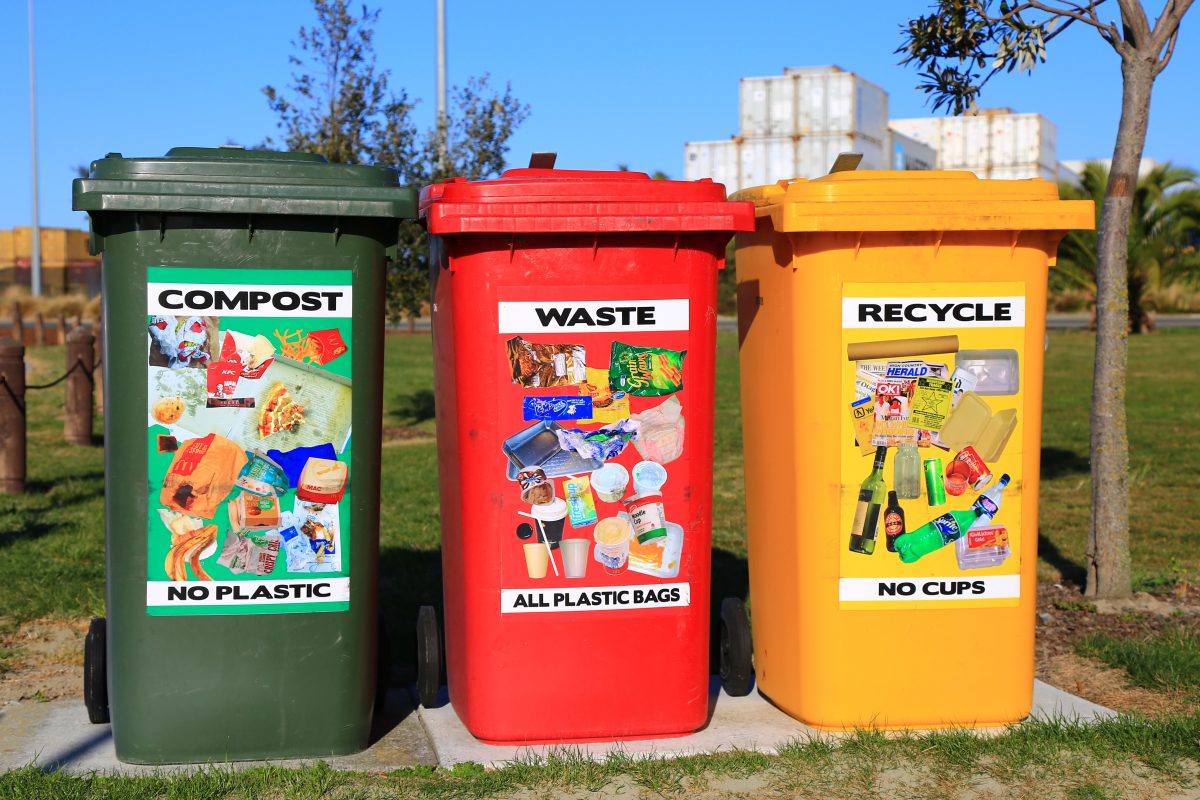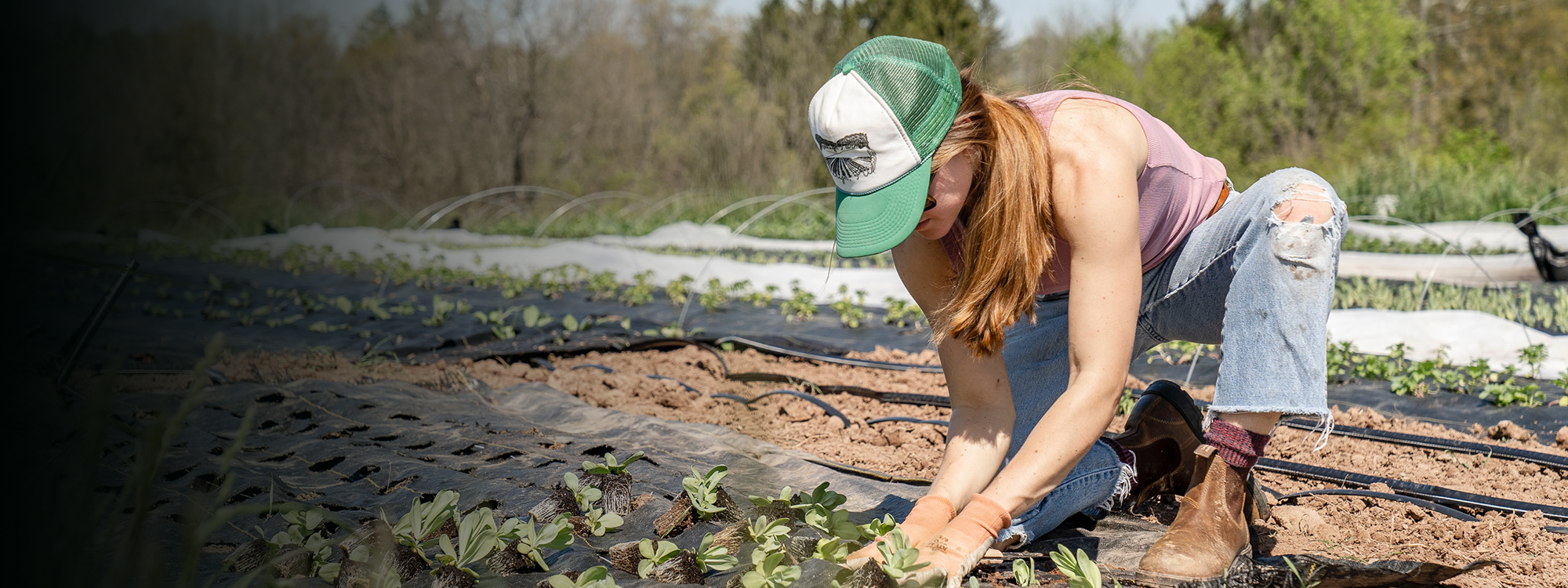
Blog
7 simple ways to lead a sustainable life
Climate change is a humanitarian crisis.
We see this when we work with communities who have lost their homes to extreme weather events. Our changing climate is making it harder to live in many parts of the world, often affecting some of the most disadvantaged communities.
People are starting to realize that change is imminent and necessary. It’s our duty to protect the Earth for current and future generations.
Every little thing we do daily has an impact on the planet; from our dietary choices to the cars we drive. The good news is that every small change to our lifestyle can contribute to having a less negative impact on the environment.
Here are 7 simple ways to lead a more sustainable life and be better towards our planet and fellow humans.

1. Think before you eat
Sure, a juicy avocado in the middle of a cold British winter sounds great! But we don’t often ask ourselves where our food comes from or what its total carbon footprint is.
So much travelling doesn’t sound great for the planet, but it’s not quite that simple. Whilst distance is an important factor to consider when choosing to be more sustainable, there are lots of other things that affect a product’s carbon footprint too.
Production still accounts for the majority of a food’s environmental impact – not transport. Take beef, for example. Beef production has a large carbon footprint due to the incredible levels of methane that cows produce – even if it’s produced locally.
Next time you’re going through your shopping list, you can use this tool to find out the environmental impact of common food products.
Other things you can do to help cut down your food-related carbon footprint are to eat seasonably and buy locally-produced food. These can further help scrap down the need for fuel-intensive transportation.

2. Commit to zero waste
We are so used to having plastic in our lives, that we don’t often realize how much of it ends up in landfills every day.
Committing to using zero plastic can be hard work, but it is worth it! There are simple ways to go about doing this. Try only using plastic that is recyclable and reusable, or swap to compostable alternatives.
Check with your local council to see what is and is not recyclable in your area.
3. Switch to a green energy supplier
With countless choices at our disposal, choosing an energy supplier can be daunting. Committing to a green energy supplier can make that decision easier and friendlier to the environment.
Switching to renewable energy can help reduce your carbon footprint and make savings on your energy bills. Here in the UK, there are a lot of options to choose from; it only takes a little bit of research to find one that works for you.

4. Eat less meat
We all know someone who is a sworn carnivore, vowing to never become a vegetarian! While that’s a personal choice, the link between the consumption of meat (especially red) and greenhouse gas emissions is unquestionable.
The more meat we eat, the more grain is being used to feed the animals that provide that meat. Meat production also requires extra water and land to grow the grain, energy to harvest it and run the slaughterhouses, and chemicals to fertilize it and deter pests. (source: Green America)
Reducing the amount of meat we eat can have a significant impact on our carbon footprint! ‘But what about my protein intake?’, I hear you cry. Well, the good news is that there are plenty of foods that contain just as much protein. By replacing red meat with legumes, beans, and nuts, you can tread more lightly on the planet. Just like that!
5. Reduce food waste
Wasting food is not only bad for the environment, but it’s also bad for our pockets.
According to the Food and Agriculture Organization (FAO) of the United Nations, we waste about a third of all food produced for human consumption. The problem is that it takes a significant amount of water, land, and labour for that wasted food to be produced.
Are you wondering how to reduce food waste? By taking some simple steps, we can not only reduce our impact on the planet, but we can also save some money. Consider making a weekly plan for your meals to avoid waste and using your leftovers to create new meals. If you have a garden, you can also try composting your food waste.
6. Shop sustainably
In the UK, a shocking 300,000 tons of unwanted clothes are binned every year. The fashion industry is one of the most harmful industries to our planet.
While a $5 dress might sound like a bargain, it’s probably too good to be true. As the purchase price for fast fashion drops, its cost on the environment rises. Fast fashion isn’t only depleting the world’s water sources but is also poisoning them. According to the Institute of Sustainable Communication, the clothing industry is the world’s second-largest clean water polluter.
Do some research and consider boycotting the companies that are harming the environment. You can instead shop only from charity shops and companies that are committed to sustainable fashion.

7. Switch to reusable alternatives
Single-use products (especially plastic ones) have become less popular as people started realizing the impact of these on the environment.
Things like plastic bottles, cling film, and face masks end up in landfills and oceans after a single use, harming our planet and wildlife.
Consider switching plastic water bottles for reusable water bottles, plastic straws for metal ones, and plastic bags for fabric ones. You can now also get reusable face coverings that you can simply wash and wear again. These solutions are easy, friendlier to the environment, and, of course, more affordable in the long term.
Every small, seemingly unimportant choice we make has a greater impact on our planet, our wildlife, and our fellow humans.
Here at ShelterBox, we don’t shy away from talking about climate change and the impact it has on the disaster-hit families we help every day. Climate change is irreversibly changing the lives of the communities we support and that means we are already active players in the climate crisis conversation.


